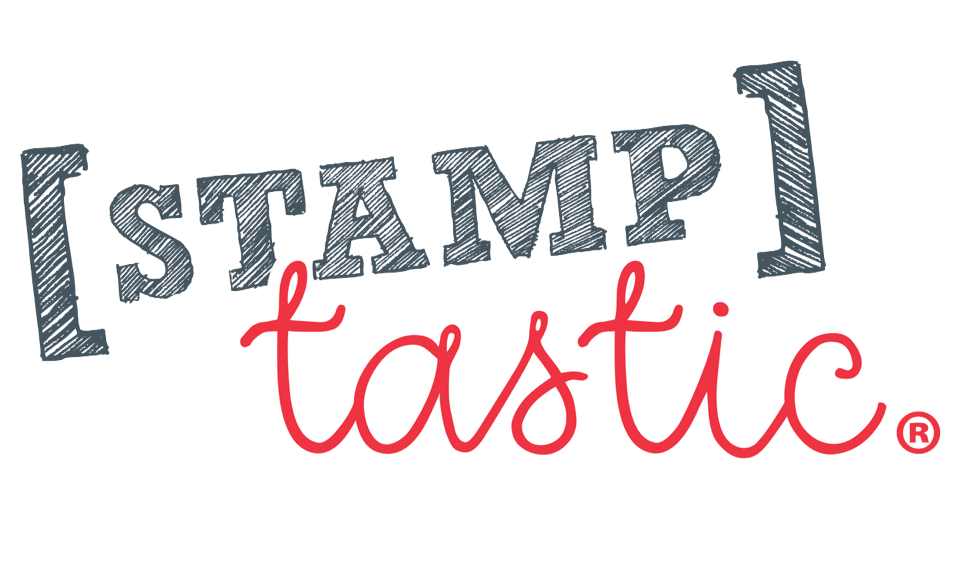Developing a child’s social skills sets them up for a lifetime of more positive interactions in all aspects of daily life. We need good social skills to function in society. Showing good manners, effectively communicating with others, forming solid friendships, navigating conflict, interpreting feelings and expressing our needs are all important skills. Like any other skill, social skills can be learned and as parents we are the first educators to nurture this development.
Making and keeping friends
Having friends is fun at any age! With friends we share things and experiences and make memories together. Friendship is an important concept for us to explore with little ones, we can’t just expect them to figure out how to interact and be a good friend and some of us are more naturally adept than others. Being a great friend and a person that gets along with others is a vital life skill, we want to set our children up for success and we can accomplish this in various ways.
Firstly, children need to know the characteristics that make a good friend.
Good friends…
- make you happy when you’re sad
- like spending time with you
- are people you can rely on
- help you
So, how can we help our children to be good friends?
When we show kind and caring interactions with our own friends, we are inadvertently teaching our children how to make and keep friends. Dropping off shopping for a poorly neighbour is something your child will see and even help you do. This kind deed may not dawn on them immediately but it demonstrates that you are happy to use your own time to help someone else.
All families have disagreements from time to time, by practising self-control you are in turn modelling kind behaviour despite conflict. When adults say sorry children are seeing how to apologise and repair relationships. Apologising and mending friendships is part of being a good friend and is a valuable life lesson.
- Use role play to practice being a good friend
Try acting out scenarios children may face when they start school eg how to introduce yourself to someone and learn their name, how to react if someone snatches a toy off you, what to do if a friend falls and hurts their knee. Children with siblings probably encounter these scenarios daily so use them as opportunities to discuss appropriate responses. Navigating conflicts within sibling relationships is the perfect way to practise being a friend and in turn will help your child build friendships.
By using social stories we can discuss the behaviour of characters, try and understand how they are feeling and handling situations. Talk about resolution and how they might handle situations.
Good Manners
Helping little ones learn appropriate, considerate and polite behaviour enables them to form good manners, make friendships and deal appropriately with conflict. This positive behaviour helps them transition into school life where they may find themselves as one of thirty in a busy classroom. As we prepare children for starting school help them to understand it’s not okay to interrupt and demand immediate responses. We need to encourage them to be patient. When children show patience it’s essential to thank them for their patience and reward them with our undivided attention. Similarly, we need to teach them to say ‘excuse me’ as they will need to navigate busy situations like cloakroom time. Kids love to imitate their parents so once again we need to set the standard and draw their attention to us as we model good manners within the family unit.
Sharing
Children need to learn to share so they can make and keep friends and engage in cooperative play. Sharing involves compromise and fairness. Children learn that if they give a little to others, they too get some of what they want.
Top tips to encourage your child to share:-
Play cooperative games that emphasise team work rather than competitive winning. Try completing puzzles together, share projects such as tidying up the toys.
It is important to respect your child may need to keep certain possessions to themselves as they develop a sense of ownership. Try fostering attitudes and an environment that encourage your child to want to share. As they develop they come to realise that sharing with a pal is much more fun than isolation.
Let your child witness daily family situations that display give and take, compromise and share. Discuss sharing in everyday routines, share a story, a cuddle, an idea, a feeling…
It’s all too easy to jump in and sort issues. Stepping back and teaching children strategies to handle situations has far more lasting value. Sand timers are great tools to encourage children to take turns. Show them how to communicate their needs ‘…ask Ben if you can play with the train next’. Help them use words and develop their vocabulary to describe how they feel.
Pre-school training…and reinforcing again and again…these polite social behaviours will help your child make friends and can really help them feel happier and more confident as they start school.
On a final note…Praise the positives and do remember practice makes perfect!
Stamptastic in partnership with Jo and Lisa, look forward to taking you on this journey to support your child develop the necessary skills to feel smart and confident from day one at BIG school.
Other blog posts you may find useful:
Everything You Need To Know About School Uniform For Back To School
Starting School: The Top Ten School Uniform Tips
Starting School: The Back To School Uniform Checklist
Stamptastic: The Ultimate Parent Hack
Starting Primary School: Introduction
Stamptastic Starting School Series: Meet The Experts









